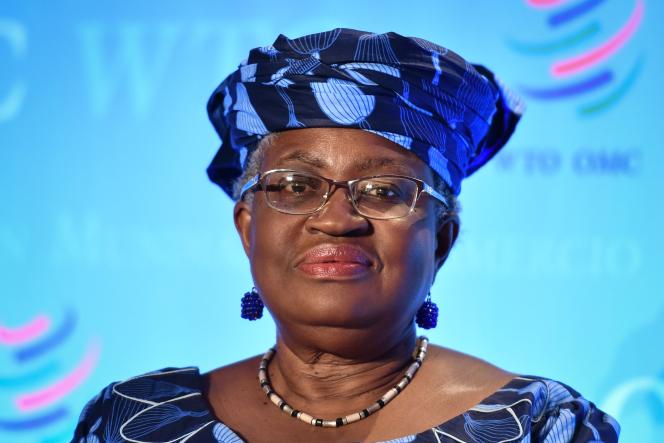A new globalization is emerging. In its annual report published on September 12, the World Trade Organization (WTO) notes that trade in goods is not decreasing but increasing within rival geopolitical blocs. In other words, globalization is not losing ground, but is becoming more and more compartmentalized.
The WTO thus calculated that trade between the two main geopolitical blocs – defined based on the proximity of their votes at the United Nations assembly – had progressed between 4 and 6% more slowly than within these blocks. “The first signs of a recomposition of trade on the basis of geopolitical affinities have appeared, with relocations taking place increasingly in friendly countries,” notes the WTO in its report.
In a world crisscrossed by geopolitical divisions, commercial interdependencies have become sources of vulnerability. Tensions between the United States and China have led to a trade war, with an increase in customs tariffs from 2018. Even if trade between the two countries reached a record level of 690 billion dollars in 2022, the China’s share of US imports fell from 22% to 17% between 2017 and 2022.
Retaliatory measures
Elsewhere, retaliatory measures, such as an increase in customs duties or the introduction of new technical standards, have multiplied in recent years, going from 3, in 2005 or 2006, to the unprecedented level of 41 in 2021, under the effect of recent crises. The Covid-19 pandemic and the war in Ukraine have led some countries to ban their exports of medicines or agricultural products for fear of shortages.
Is this the start of deglobalization? The WTO remains cautious and notes that the share of trade in world GDP has stagnated for around fifteen years, after having climbed from 25% to 61% between 1970 and 2007. This is not due to a halt in the liberalization of exchanges but rather the redeployment of value chains across the world which has reached its limits, and a recomposition of the global economy. The share of industry in global GDP is decreasing to the detriment of services, which are less relocatable.
The WTO, however, warns against a fragmentation of the world economy which would make “environmental challenges more difficult to achieve”. According to the institution’s economists, open borders facilitate the circulation of green technologies and economies of scale contribute to lowering their costs, and therefore to their adoption.
You have 42.84% of this article left to read. The rest is reserved for subscribers.
